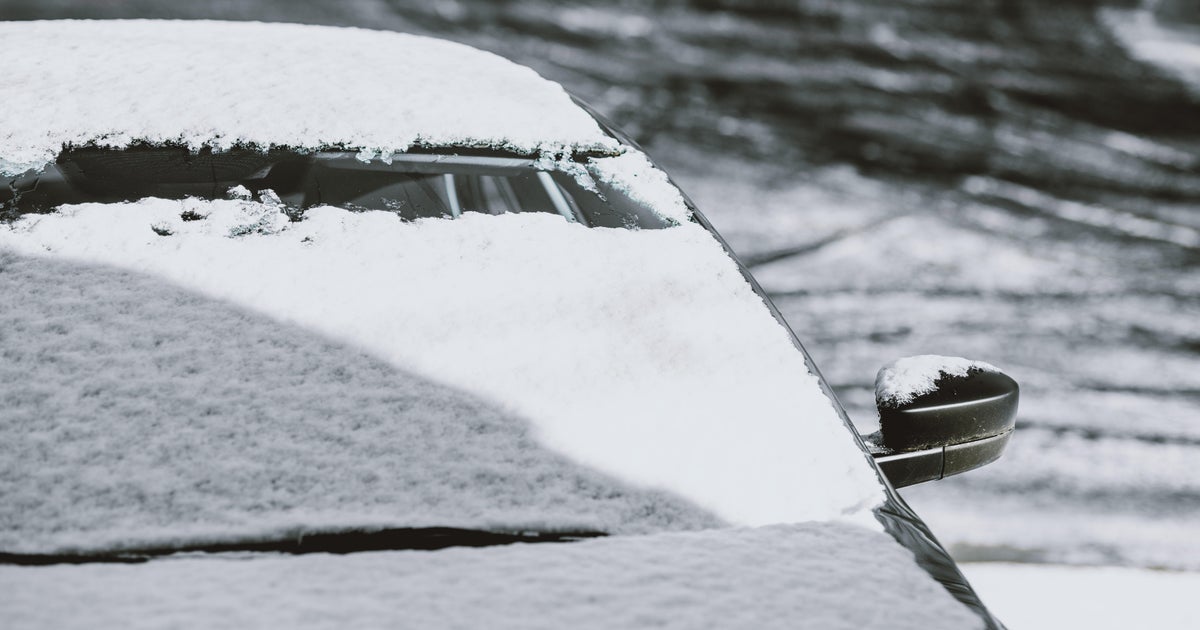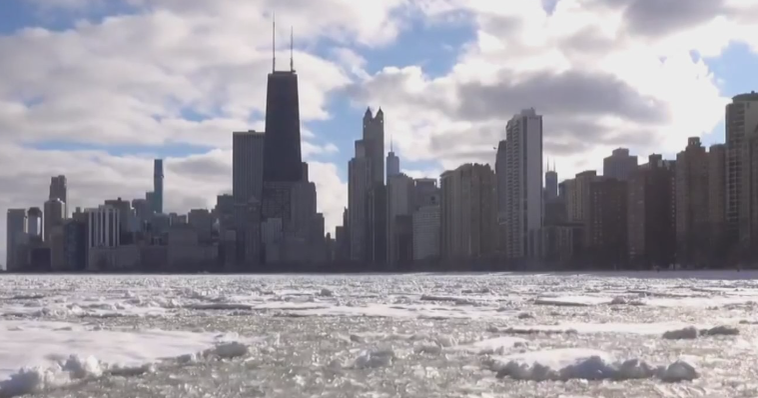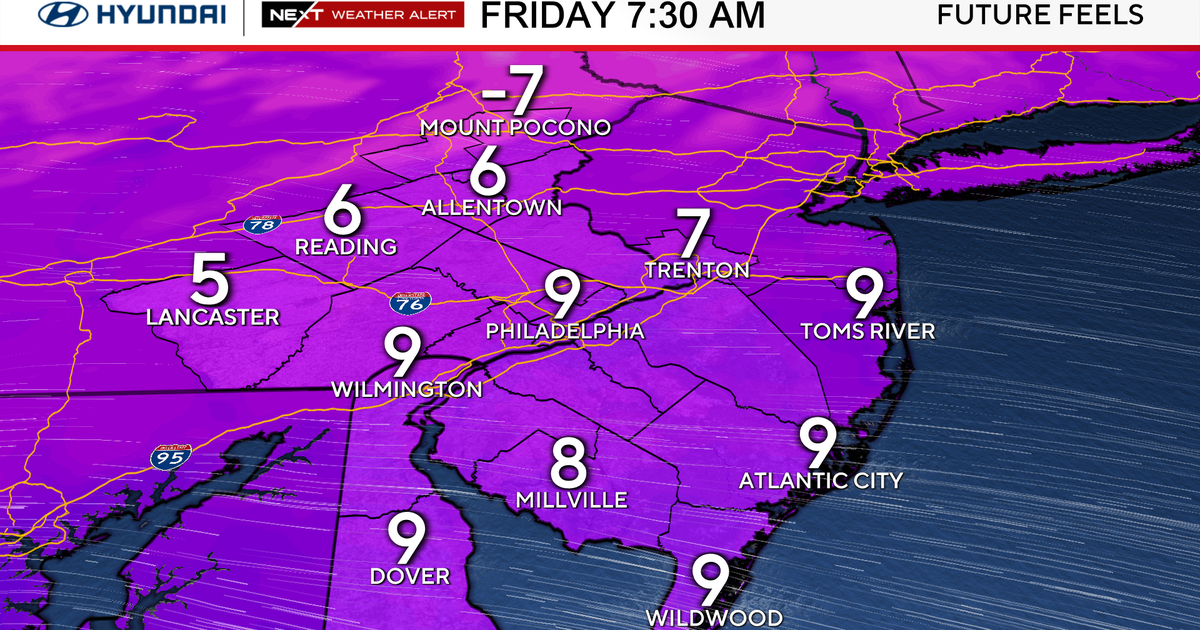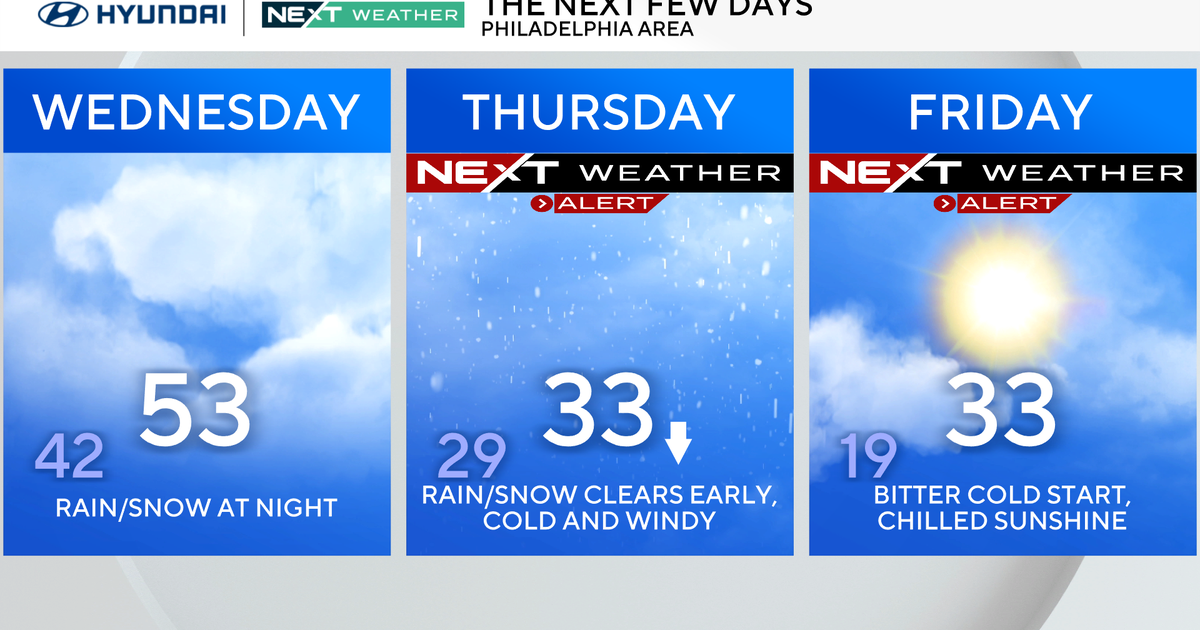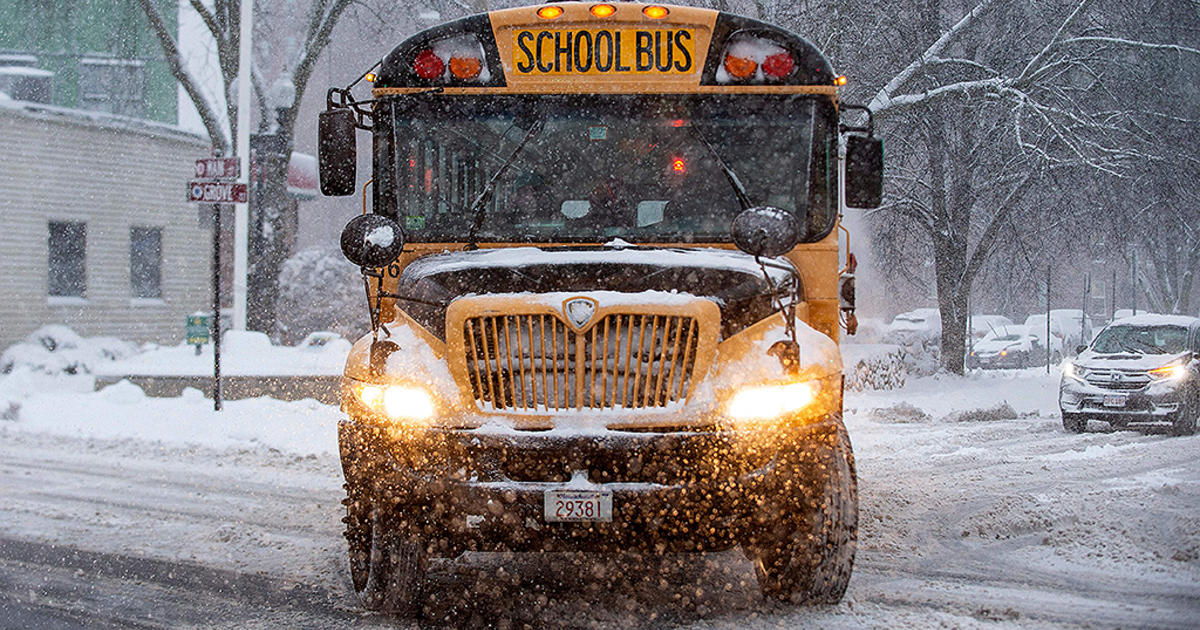This week is Winter Hazard Awareness Week in Michigan
(CBS DETROIT) - This week is Winter Hazard Awareness Week in Michigan. It is a great time to prepare yourself and your family for the upcoming winter season.
The Climate Prediction Center's winter weather outlook forecasts probabilities lean to above-average temperatures and below-average precipitation. However, that doesn't mean we still won't get some winter storms, but an El Niño winter supports this year's National Weather Service's winter predictions.
We get cold temperatures here in Michigan during our winter months. It's important to know the warning signs of hypothermia, which include confusion, muscle stiffness, difficulty speaking, shivering and sleepiness.
To prevent hypothermia, remember the mnemonic COLD. C for COVER all areas of your body exposed to the outside elements. O for (avoid) OVEREXERTION when participating in outdoor activities. L for LAYER clothing over your body to keep you warm and insolated. And, D for DRY clothing is required to help prevent hypothermia and keep your body warm. Dressing warmly isn't the only preventative measure you can take. Be aware of the outdoor temperatures, too. If the temperature is below 40 degrees, use increased caution if going outside, especially with low wind chills. When temperatures are between 13 degrees and 31 degrees, head indoors every 20 to 30 minutes to warm up. If temperatures are 13 degrees or lower, stay indoors, as there is a high risk of hypothermia.
Preparing for when you'll be outside is important, but preparing your car for emergencies is a must in our Michigan winters. There are numerous items you should keep in your car in case you get stuck on the road during a winter storm. Items for your basic needs such as food, water, and warmth are essential. Keep snacks, bottled water, a blanket, and gloves in your preparedness kit. A phone charger and extra battery to make emergency calls is also essential. If you're stuck on the side of the road, flares, warning triangles/reflectors, a safety vest, snow shovel, ice scrapper, and kitty litter for tire traction are helpful to get you out of the snow and ice, keep you safe, and warn other drivers to steer clear from your car while you work on the side of the road. Jumper cables, a flashlight, and a first aid kit are some other items that may be needed if you're stuck in winter weather.
Ice storms are dangerous and something we could be seeing more of with warmer winter temperatures. There are some things you can do to prepare for ice storms to keep you and your family safe. Trim weak branches from trees. This will help ensure tree limbs do not fall on your or your neighbor's property or cause damage to powerlines. Don't park your car under trees. Leave windshield wipers in their down position. Keep all your devices, such as cell phones, charged and flashlights handy. Lastly, keep a week's worth of food in your house in case an ice storm prevents you from going to the grocery store.
Of course, ice can cause problems on the roads, too. Black ice can be dangerous. Often mistaken as literally black, black ice is simply a very thin layer of ice. It is practically transparent, which makes it very difficult to spot.
Inclement weather can also affect the time it takes to stop your car on wet, snow-packed, or icy roads. Driving 35 miles per hour on dry pavement takes approximately 60 to 100 feet to stop your vehicle. Stopping your vehicle on wet pavement at the same speed takes about 120 feet. On packed snow, it takes a minimum of 180 feet to brake, and on ice-covered pavement, it can take over 600 feet to bring your car to a complete stop.
For your latest NEXT Weather forecast, watch on air on CBS Detroit, on our stream on CBSDetroit.com, or on Pluto TV.








